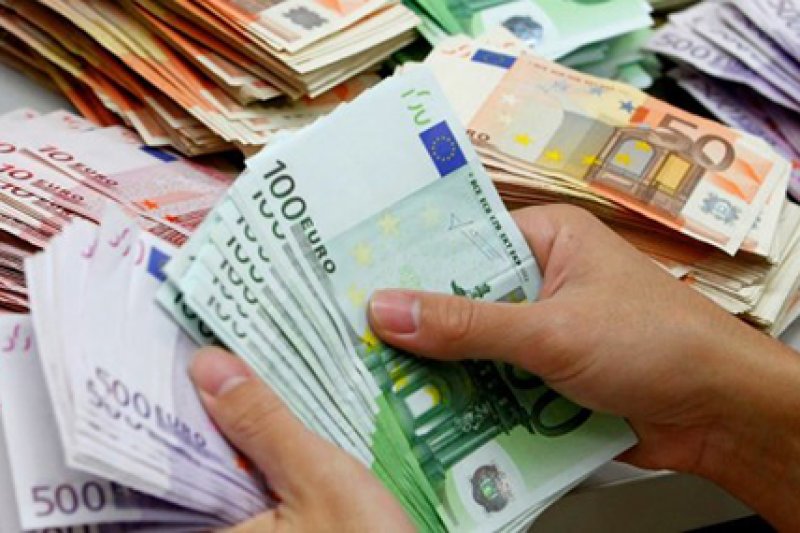EUR Rises Further against ALL
The euro strengthened again rapidly at the ALL exchange rate this Wednesday. According to the official exchange rate of the Bank of Albania, the European currency was exchanged at ALL 127.08, increasing by 2.5 points compared to Monday.
In the space of one week, the euro has increased by 4.7% against the ALL and has set a new record for the last two years. The trend of strengthening the euro is similar to that marked at the end of March 2020. In that case, the factor that prompted the devaluation of the local currency had been the pandemic, while in this case, the impetus has been the war in Ukraine and the serious consequences it is brought to raw material markets.
The rise in prices for oil, energy and food products is also being felt in Albania, translated into a rise in the price of their imports, but also a kind of rush to create reserves, given the turbulent period in which markets and pessimistic expectations for the future are located. Experts think that the foreign exchange market is already involved in a kind of panic, which is further boosting the demand to buy euros, precisely because of the rapid strengthening of the European currency.
A rapid appreciation of the euro represents an additional risk factor in relation to the rising inflation that is hitting the economy. Given that Albania imports most of its consumer goods and that the euro is the main currency in which these goods are purchased, a depreciation of the ALL against it will produce an additional inflationary effect on the economy. Until two weeks ago, the Bank of Albania stood by the key projection for transient inflation that would begin to subside in the second half of this year. The war in Eastern Europe has already greatly increased the inflationary risk and uncertainty about the future.
The Albanian economy has an external deficit position in goods and services, so in net terms, a depreciation of the currency produces a negative effect, expressed in the widening of the current account deficit. Importers have higher costs of buying goods and services abroad, while the beneficiaries are exporters of goods and services, who sell in euros, but who have most of the costs in lek. However, even for those entities that have income in euros, the benefit is marginal, due to the additional inflationary effect that brings a rapid appreciation of the European currency.
On the other hand, a rapid strengthening of the euro can be a source of risks for the financial sector, where a good part of the credit is exposed to exchange rate risk. According to the Bank of Albania, approximately half of the loan portfolio for the economy is in foreign currency, while 37% of foreign currency loans (less than 20% of total loans) are exposed to exchange rate risk. Borrowers in euros with income in lek are those who lose a lot from the strengthening of the euro, while benefits, at first sight, have individuals and entities that have savings in euros. However, even this benefit can be relative, because, in addition to the inflationary effect of exchange rate depreciation, most assets with high value in the economy are quoted in euros and not in lek.
The implications of strong exchange rate fluctuations in inflation and financial stability are situations that may justify a Bank of Albania intervention in the foreign exchange market. The last intervention of this kind occurred two years ago, at the end of March 2020, when a similar panic had brought rapid depreciation of the lek in the euro exchange rate, by about 6.5% in the span of 10 days.
(Source: Monitor)














